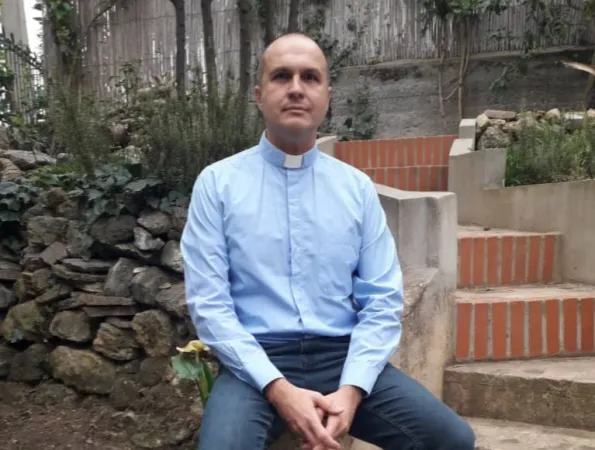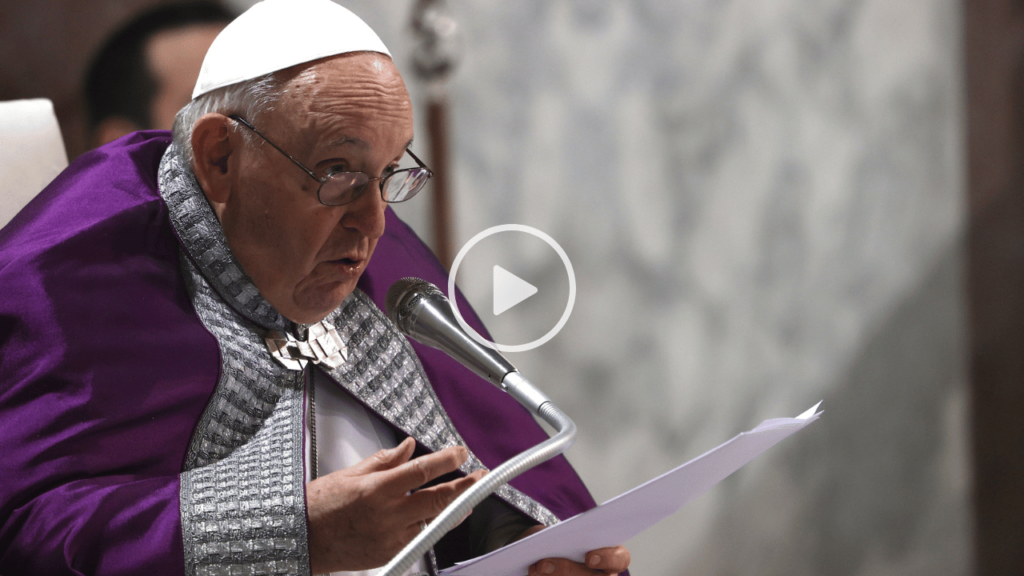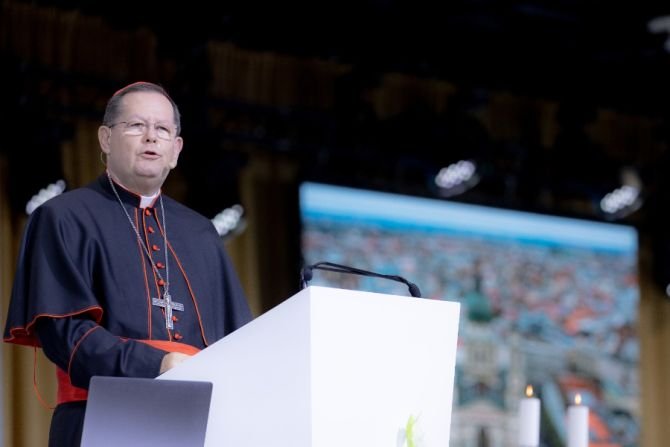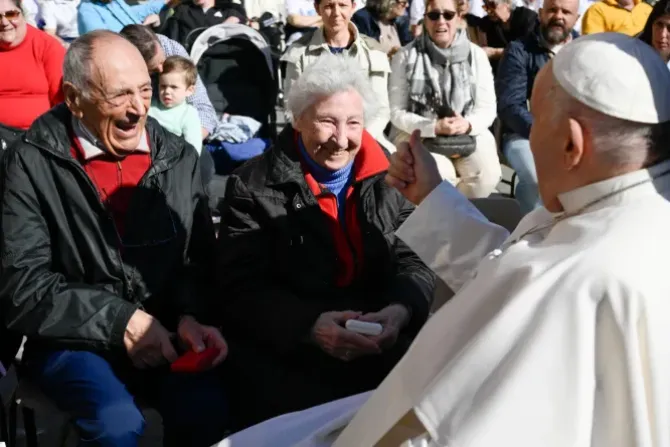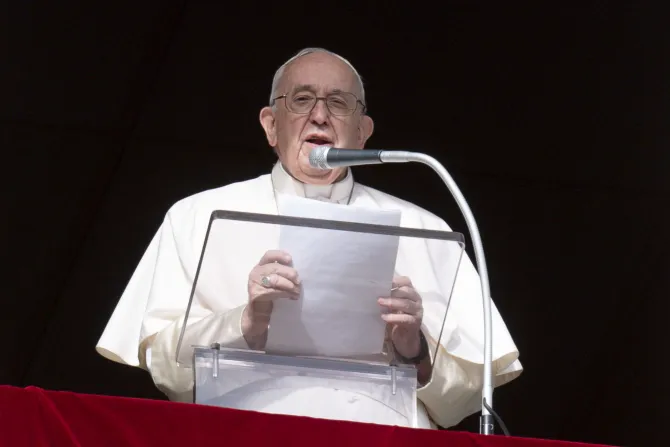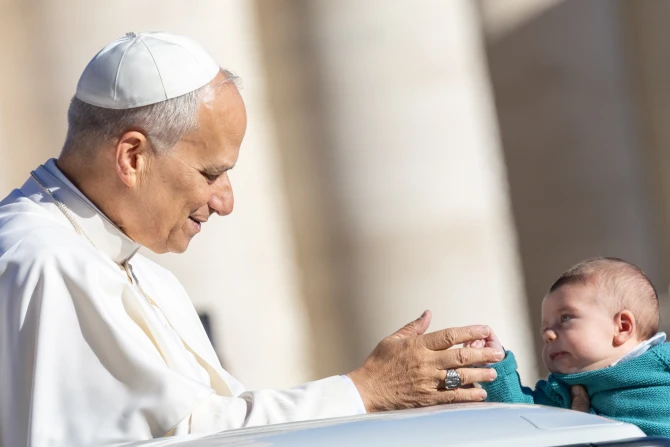In an unexpected announcement on a Sunday, Pope Francis named a bishop for the diocese of Oran in Algeria, ending a two-year vacancy. The chosen one is Father Davide Carraro, a 46-year-old missionary of the PIME (Pontifical Institute for Foreign Missions). Prior to this, he had been the vicar general of Algiers, a role he took after the nine-year tenure of Jean Paul Vesco in Oran, who later became the archbishop of Algiers in 2021.
Originating from the diocese of Treviso, Father Carraro has been on a missionary path since his youth. He pursued his theological studies in the Philippines and has been in priesthood since 2006. That very year marked his journey to Algeria where he served twice in the diocese of Laghouat, pausing in between to study classical Arabic in Egypt.
Subsequent years took him to Ivory Coast on another mission. In 2019, he returned to the diocese of Algiers, ascending to the role of vicar general in 2022. Beyond this, he stands as the local representative for PIME in both Algeria and Tunisia.
Father Carraro steps into the pivotal role in a diocese shadowed by the memory of the Tibherine monastery, the tragic site where seven Trappist monks met their end. His appointment also draws parallels with another Oran bishop, the martyred Pierre Claverie. A bomb claimed Claverie’s life on the night of August 1, 1996, also taking the life of his young driver, Mohamed Bouchiki.
This tragedy followed two months after the death of the Tibherine monks. Between 1994 and 1996, the wave of violence in Algeria led to the martyrdom of 19 Catholic figures, among them six nuns.
Pierre Claverie, 58 at his time of death, had roots in Bab el Oued, a bustling neighborhood in Algiers, born to a French family with deep ties to Algeria. As a member of the Dominican order, he completed his theological studies in France. Ordained in 1965, he chose to return to an independent Algeria just two years later, following its liberation from France. “My wish to return to Algeria was driven by a yearning to reconnect with my birthplace. That was the commencement of my profound personal journey,” he reflected.
His time in Algeria saw him immerse in Arabic and Islamic studies, building bridges with the Muslim community within a Church that, under Cardinal Duval’s guidance, prioritized serving the populace. His 1981 appointment as the bishop of Orano defined his lifelong commitment to fostering dialogue with the Muslim community.
Such is the weighty legacy Father Carraro inherits, leading a diocese deeply rooted in remembrance. And in a poignant note, 2021 witnessed the passing of Father Schumacher, the last monk from Tibherine, who had miraculously escaped the aforementioned massacre.

